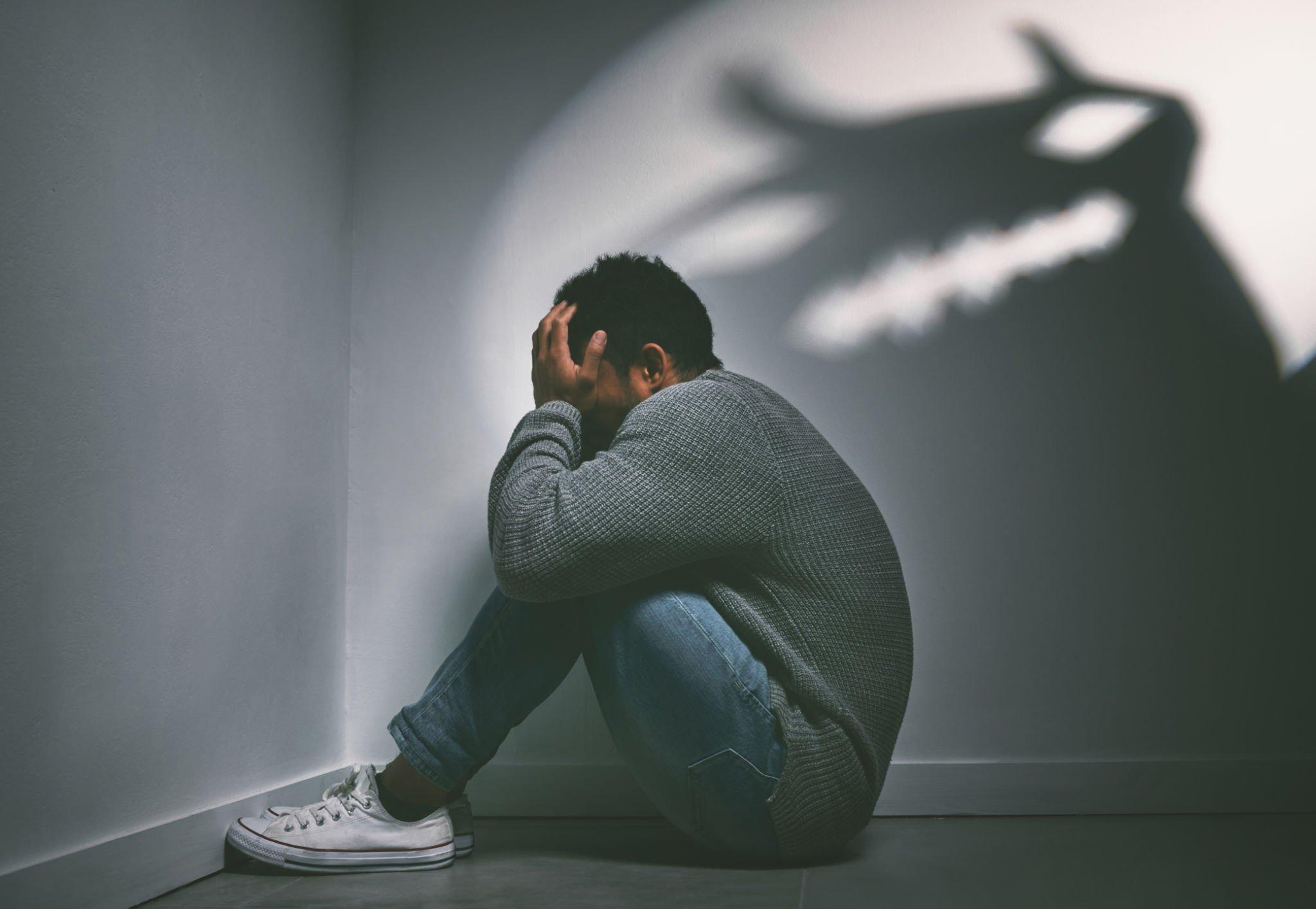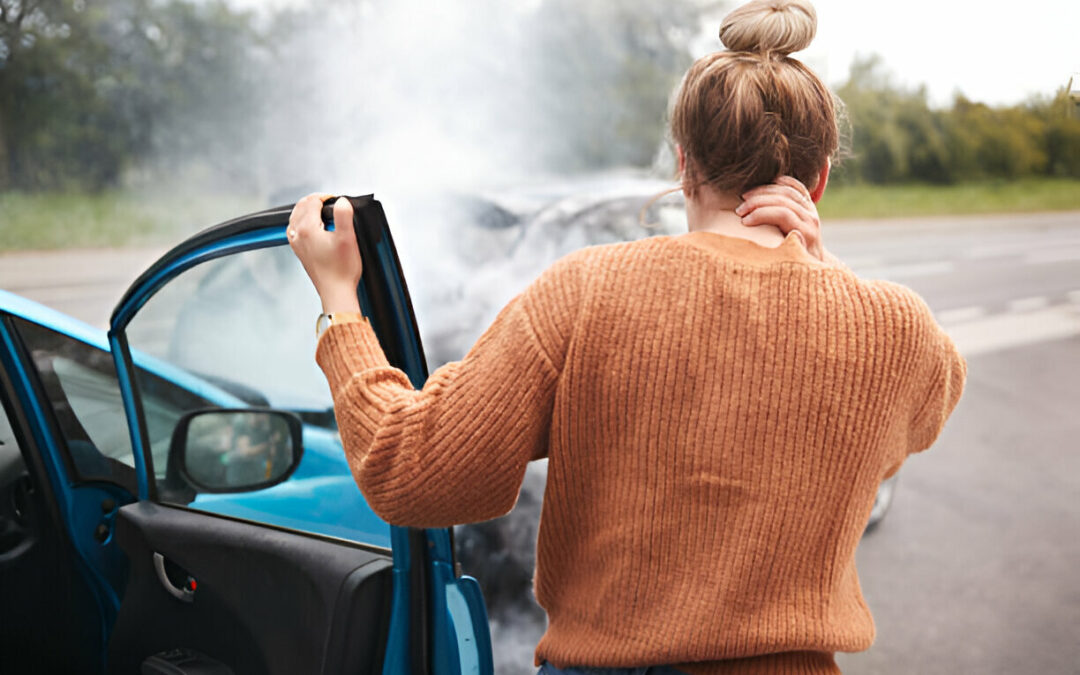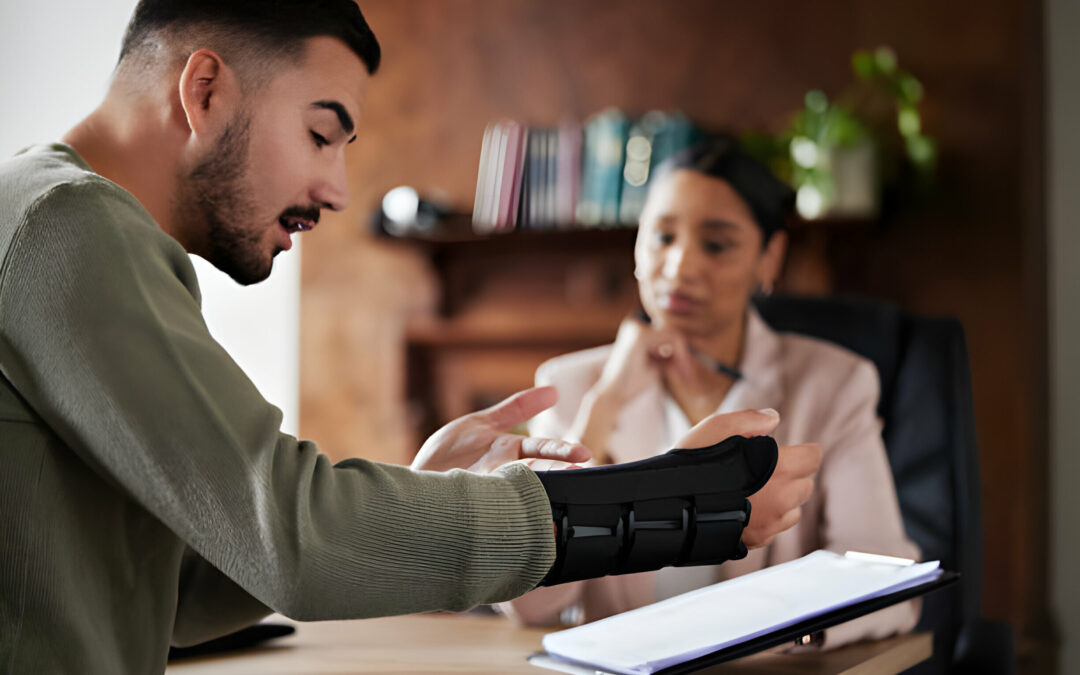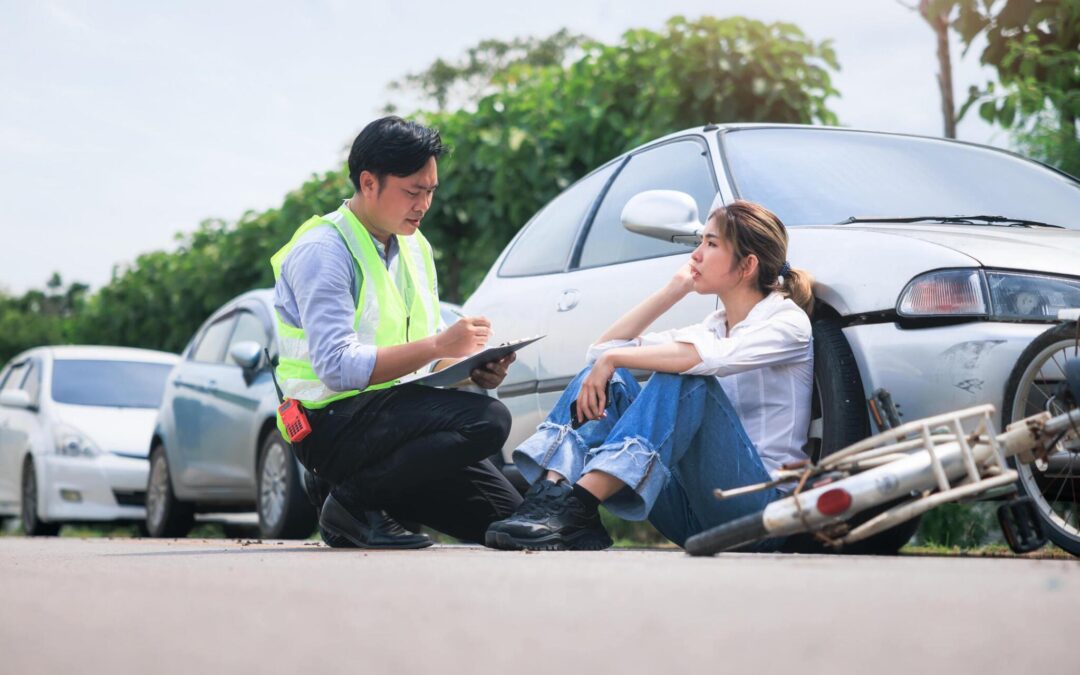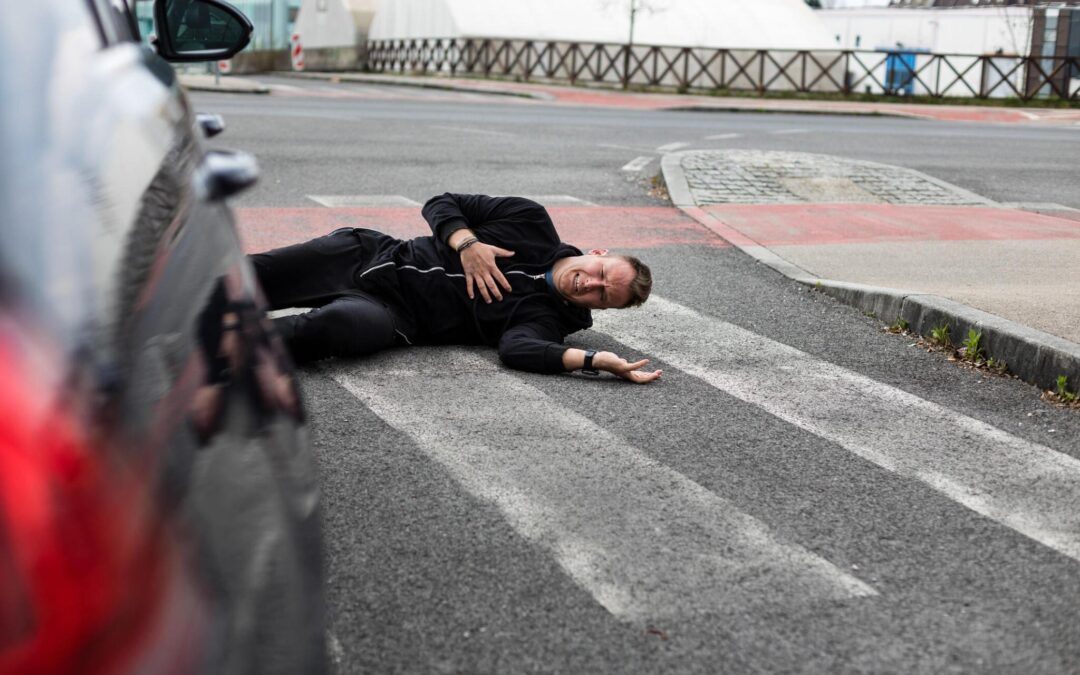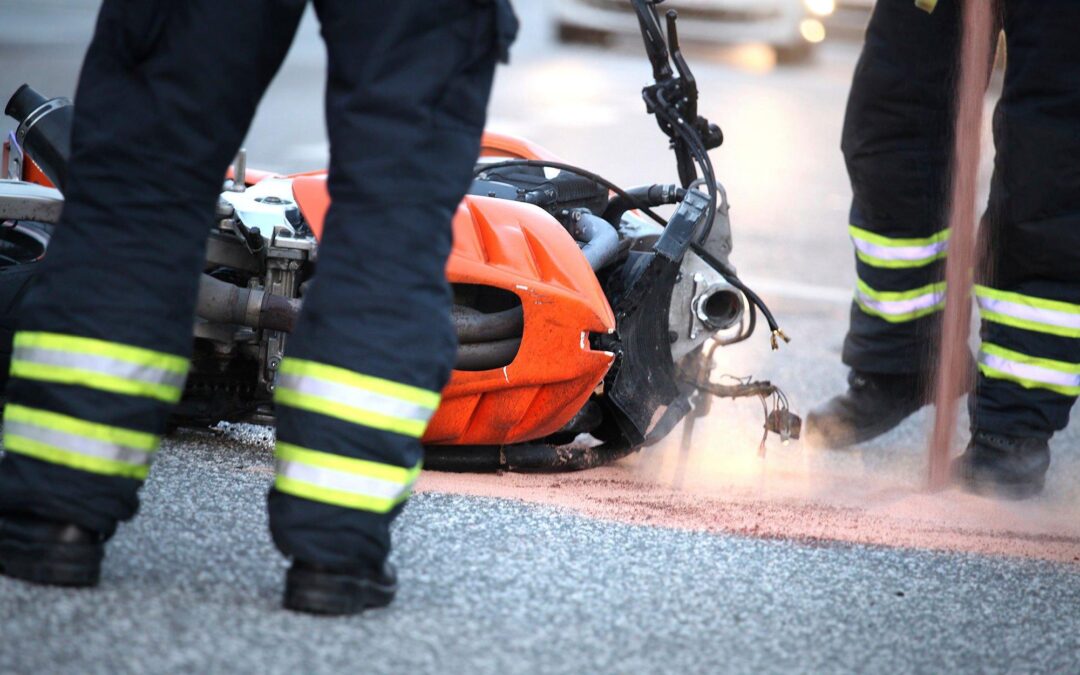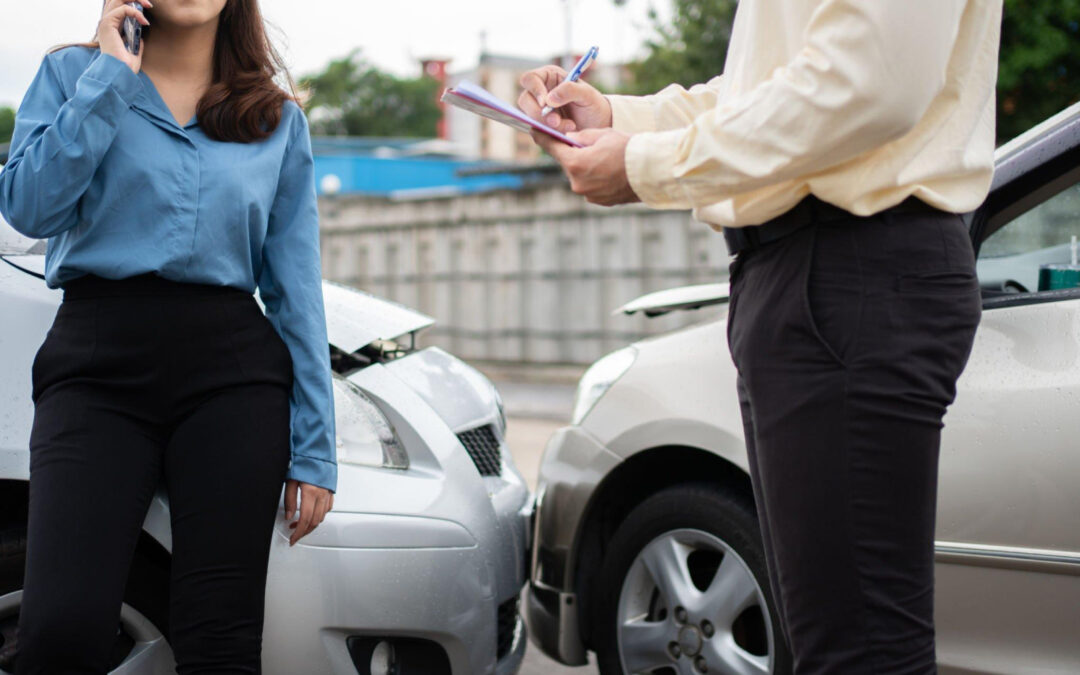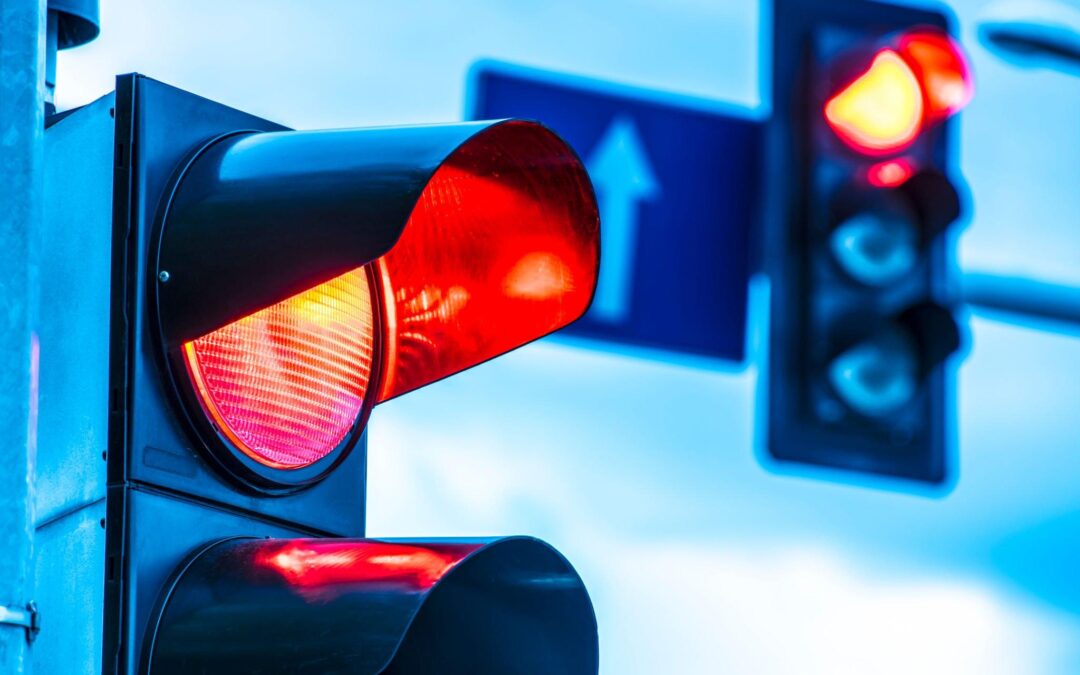Car accidents are one of the most common causes of traumatic events, affecting millions of people around the world each year. While physical injuries resulting from car accidents are well known, the psychological effects of trauma are often overlooked or misunderstood. Post-Traumatic Stress Disorder (PTSD) is a mental health condition that can develop after experiencing or witnessing a traumatic event. So, can you get PTSD from a car accident? Let’s find out.
What is Post-Traumatic Stress Disorder (PTSD)?
Post-Traumatic Stress Disorder (PTSD) is a mental health disorder that can occur after experiencing or witnessing a traumatic event. The condition can manifest in a variety of ways, including flashbacks, nightmares, and intrusive thoughts. Those with PTSD may also experience mood swings, difficulty sleeping, and avoidance of places or situations that remind them of the trauma.
Can You Get PTSD from a Car Accident?
Yes, it is possible to develop PTSD after a car accident. While not everyone who experiences a car accident will develop PTSD, those who experience a particularly traumatic event, such as a serious injury or the loss of a loved one, are more likely to develop the condition.
Symptoms of PTSD After a Car Accident
Intrusive Thoughts and Feelings
Individuals with PTSD may experience intrusive thoughts that are often disturbing or upsetting. For example, after a car accident, these intrusive thoughts may focus on the traumatic event, such as imagining the accident happening again or constantly replaying the event in their mind. These thoughts can be intense and difficult to control and can cause significant distress and anxiety.
Flashbacks
Flashbacks are a symptom of PTSD where the individual feels like they are reliving the traumatic event. This can be triggered by anything that reminds the person of the accident, such as a sound or smell. During a flashback, the person may experience intense emotions, physical sensations, and feel like they are back in the moment of the accident. This can be a very distressing experience and can impact the person’s ability to function in their daily life.
Avoidance
Avoidance is a common symptom of PTSD, where the individual tries to avoid anything that reminds them of the traumatic event. For example, after a car accident, this may involve avoiding driving or being a passenger in a car, or avoiding places or situations that trigger memories of the accident. Avoidance can limit the person’s ability to engage in activities they used to enjoy and can cause significant disruption to their life.
Hyperarousal
Hyperarousal is a state of increased arousal or alertness, often accompanied by anxiety, irritability, and difficulty sleeping. For example, after a car accident, the individual may be hyper-vigilant and on high alert, constantly scanning their environment for potential threats. They may also experience intense emotions like anger or fear and have difficulty relaxing or falling asleep.
Anger and Irritability
Individuals with PTSD may experience intense anger and irritability, which can be triggered by anything that reminds them of the traumatic event. For example, after a car accident, this may involve feeling angry or irritable when driving, being a passenger in a car, or feeling frustrated with other drivers on the road. These feelings can be intense and difficult to control and can impact the person’s relationships and ability to function in their daily life.
More: What are the Effects of Mental Trauma After a Car Accident?
How Can You Treat PTSD After a Car Accident?
Therapy
Talk therapy can help individuals with PTSD process their trauma and develop coping mechanisms to manage their symptoms.
Medication
Antidepressants and other medications can be helpful in managing the symptoms of PTSD, particularly in conjunction with therapy.
Self-care
Engaging in self-care activities, such as exercise, mindfulness, and spending time with loved ones, can help individuals with PTSD manage their symptoms.
Support groups
Connecting with others who have experienced similar traumas can be a valuable source of support and understanding for those with PTSD.
Conclusion
In conclusion, it is possible to develop PTSD after a car accident, particularly if the accident was especially traumatic. If you or someone you know is struggling with PTSD after a car accident, it’s important to seek help from a qualified mental health professional. With the right treatment and support, it is possible to manage PTSD and improve your quality of life.
In addition to seeking medical attention and implementing coping strategies, it’s also important to consider legal options after a car accident. If you or a loved one has been involved in a car accident and is experiencing symptoms of PTSD, contacting a personal injury law firm can be helpful.
At Pacin Levine, P.A., our experienced attorneys are dedicated to helping victims of car accidents recover compensation for their injuries and emotional trauma. We understand the complexities of PTSD and its impact on your life, and we work tirelessly to ensure that you receive the support you need. Contact us at 1-800-24-7-CRASH (2727) for a free case review.


